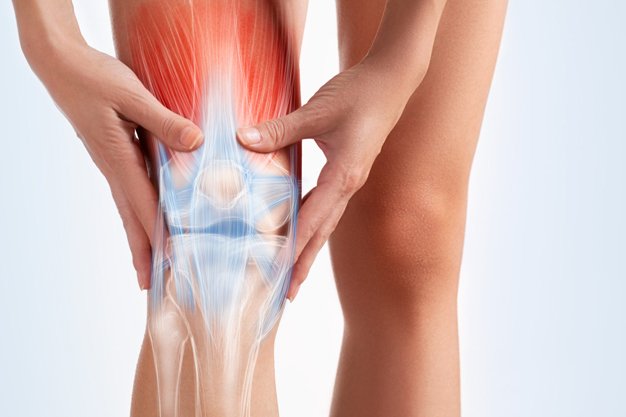
Torn meniscus is one of the commonest knee injury. It is caused by twisting injury of knee. It presents with pain in knee, swelling, stiffness and some time with locking. Pain is usually localized around the knee joint.
Patients feel pain while straightening of bent knee, while getting up or using stairs. Usually MRI is required to diagnose it. Conservative treatment with medicines, ice pack application and rest helps in reducing pain. Peripheral tears can heal but complex tears require meniscectomy. It is a keyhole surgery where torn portion of meniscus is removed with instruments through small hole.
- Pain – pain in knee joint
- Difficulty in straightening of knee
- Difficulty in getting up
- Swelling
- Popping sensation
- Feeling of instability i.e. knee giving way
A meniscus tear can result from any activity that causes you to forcefully twist or rotate your knee, such as sudden stops and turns while playing. Even kneeling, deep squatting or lifting something heavy can sometimes lead to a torn meniscus.
In older adults, degenerative meniscal tear can develop with little or no trauma.
Meniscal tear can be suspected by clinical examination by various examination tests and manoeuvre. Diagnosis can be confirmed by evaluation
- MRI – it is helpful in diagnosing meniscal tear also in planning further treatment
- X ray – It’s a basic investigation. Meniscus is not seen in x ray but other bony injury can be seen.
- Diagnostic arthroscopy – after the easy availability of MRI, role of diagnostic arthroscopy has decreased over years.
- Rest – avoid activities that aggravate pain
- Ice – reduces swelling and pain
- Medication – Takes care of pain
- Physical therapy – strengthening of muscles help in reducing symptoms
- Arthroscopy – helps in treating meniscal tear. Whether meniscectomy (removal of torn piece) or repair depends on type of tear, age.
Can walking on torn meniscus make me worse?
Torn meniscus usually produces localized pain in knee. Pain increases on activities which involve twisting of knee or squatting. Sometimes torn meniscus may lead to locking of joint or formation of loose piece.
What should I avoid with torn meniscus?
You should avoid movements which involve twisting of knee & squatting.
Do meniscal tear heal?
Outer 1/3rd of meniscus (red zone) usually have blood supply so tears in outer 1/3rd of meniscus can heal. While inner 1/3rd (white zone) is doesn’t have blood supply, tears in inner 1/3rd meniscus usually don’t heal.
